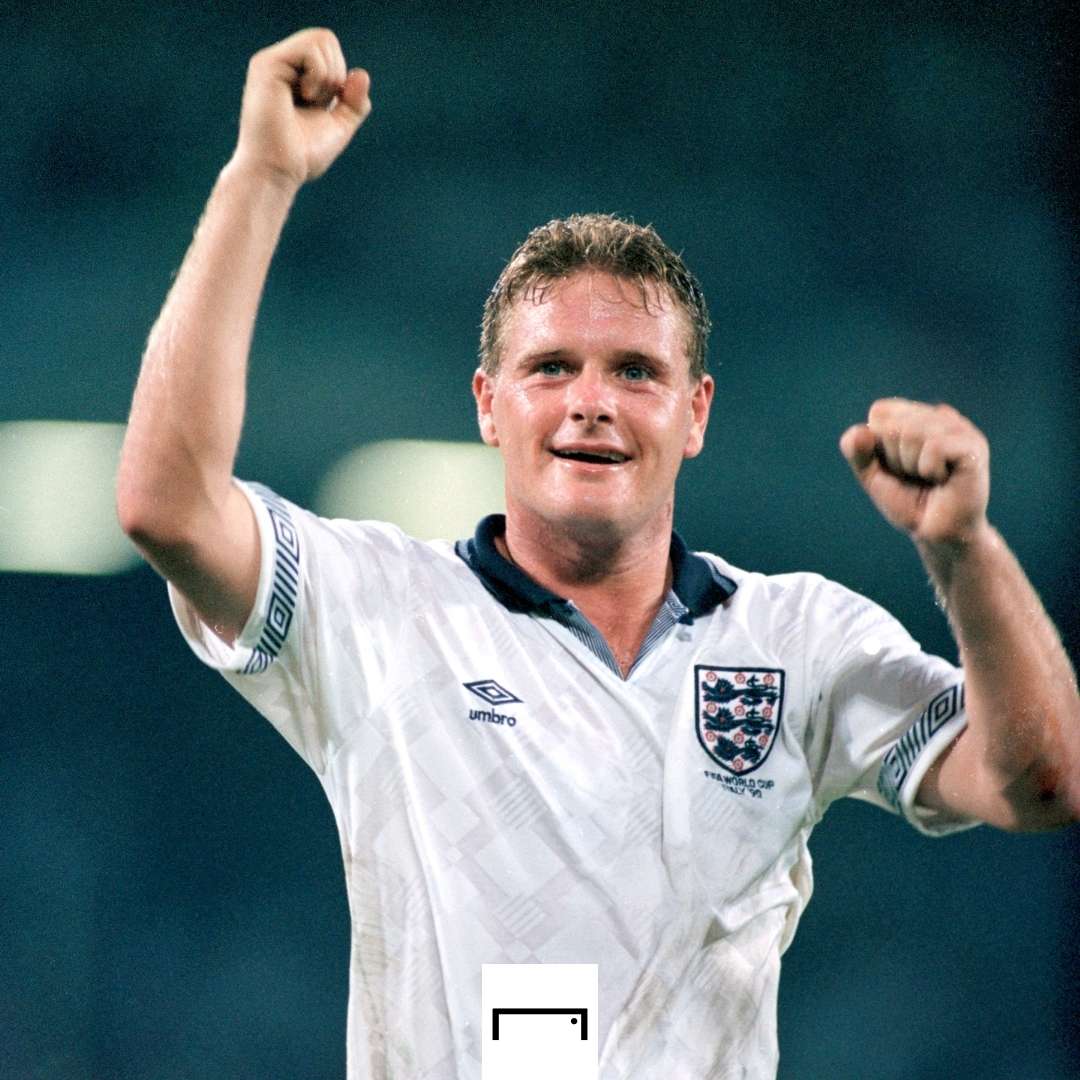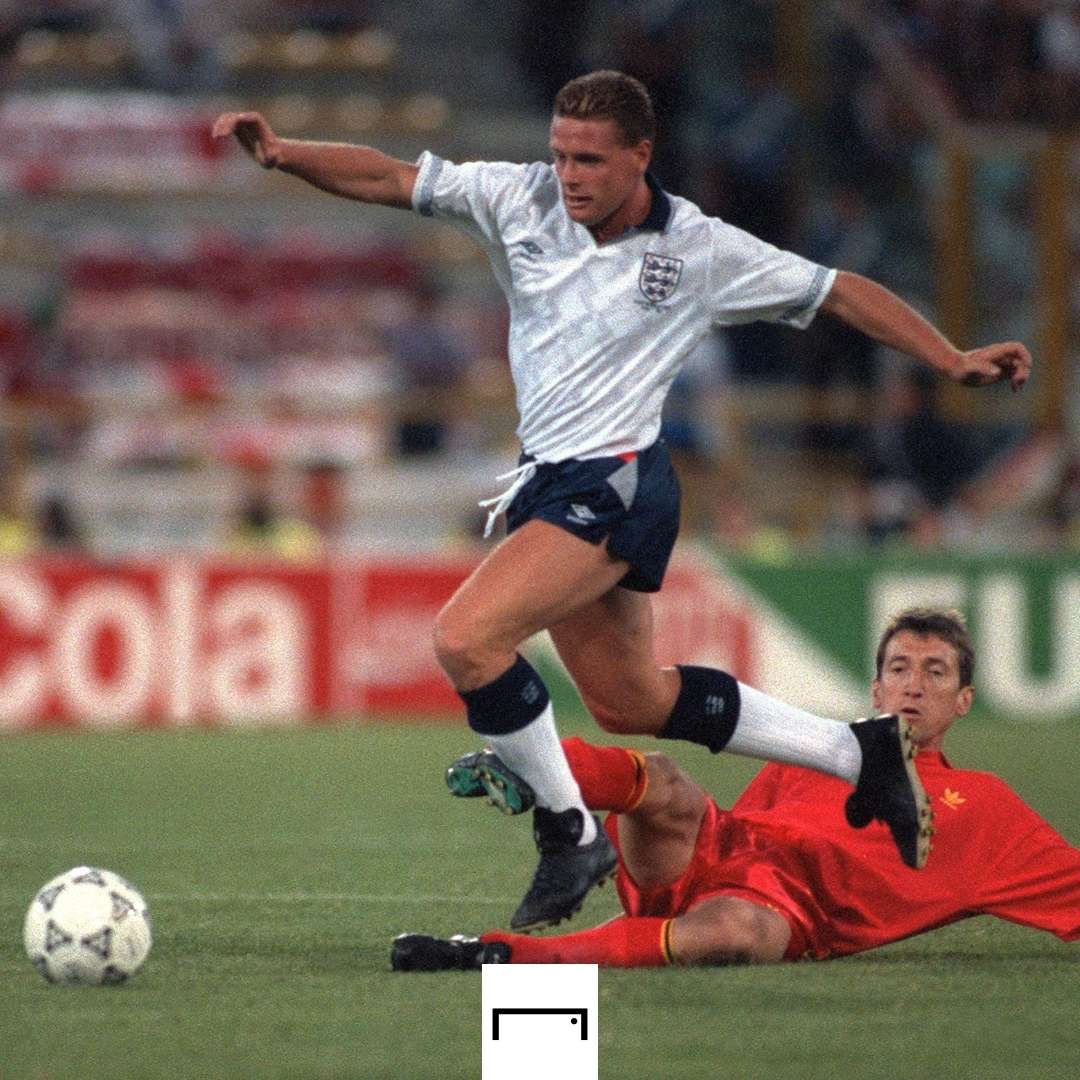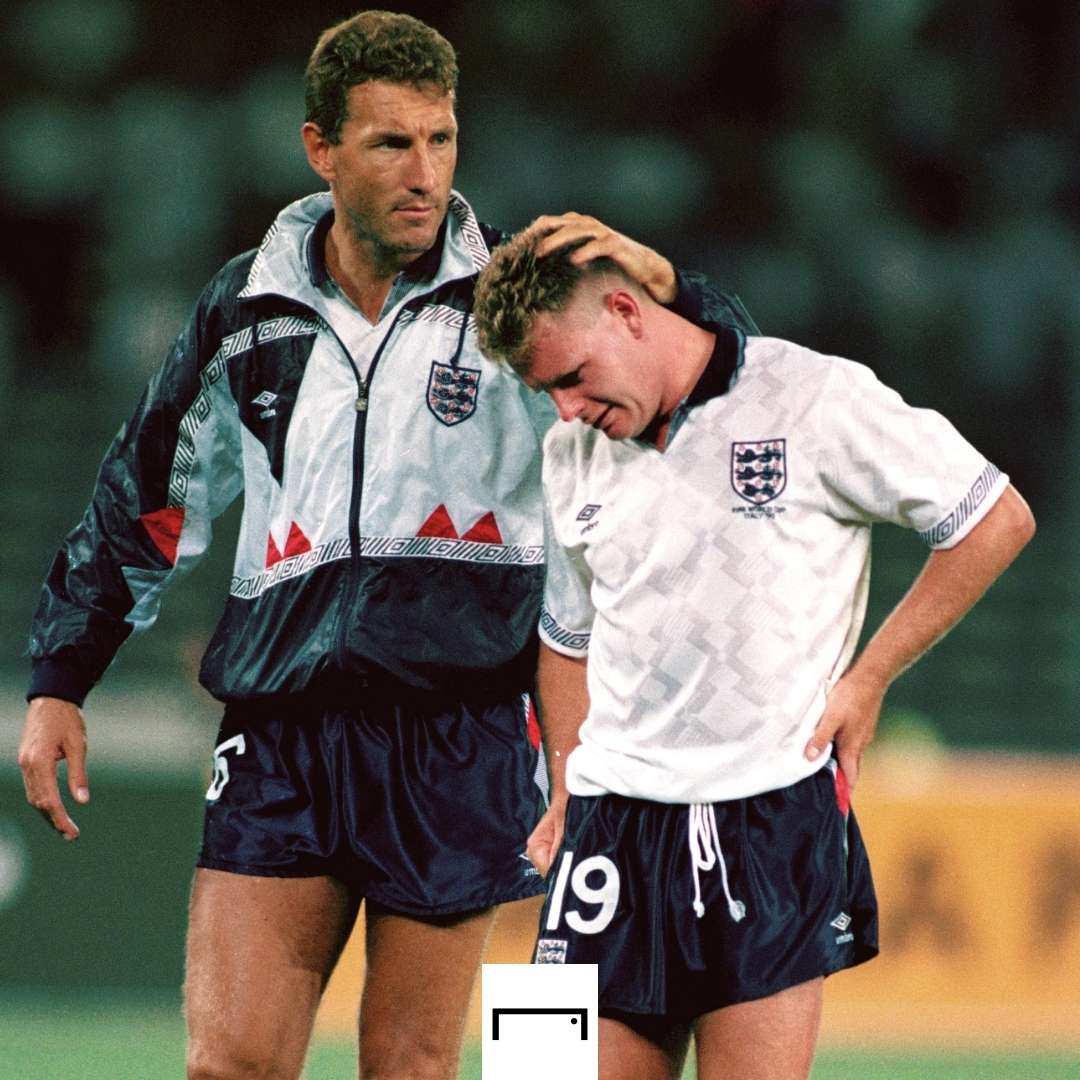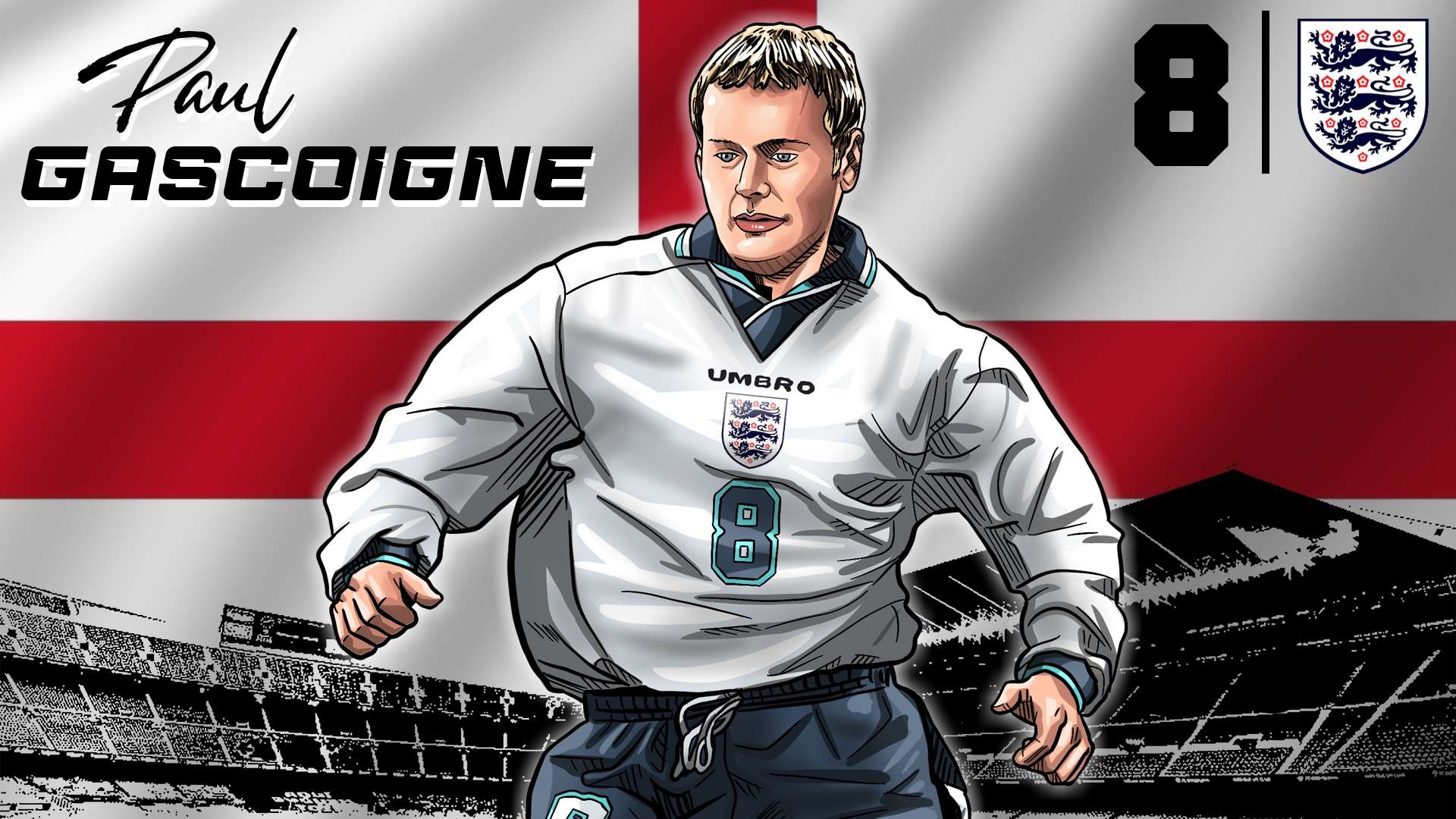It is hard to imagine now, in an era of state-owned clubs, frightfully-inflated broadcasting deals and unmatched social reach, but on the eve of the 1990 World Cup football was losing its appeal in England.
Attendances tumbled throughout the 1980s, due to weed-invested terraces and crumbling infrastructure.
The Thatcher government also made no secret of its disdain for match-going supporters. Anyone who liked to spend their Saturdays watching football was part of the 'enemy within' – essentially a working-class, good-for-nothing hooligan who was not to be trusted.
These prevailing attitudes spilled over, with tragic consequences, in the subsequent police cover-up of the Hillsborough disaster, where 97 Liverpool supporters were unlawfully killed at an FA Cup semi-final match against Nottingham Forest.
England prepared for Italia 90 in the shadow of these issues. However, by the time Sir Bobby Robson’s side had suffered a heartbreaking penalty shootout loss to Germany in the semi-finals, the gloom had lifted and the scene had been set for a genuine footballing revolution.
At the centre of this remarkable turnaround was the irresistible Paul Gascoigne.
The midfielder’s tournament – and Italia 90’ in general – was a slow-burning, Shakespearean tragedy that the entire country just could not look away from.
There was very little to suggest that this would be the case during the Three Lions’ first group game – an underwhelming 1-1 draw against the Republic of Ireland.
Instead, the first hints of Gazza’s fabled role in modern English football’s success story came against the Netherlands on June 16.
 Getty/GOAL
Getty/GOALJust two years prior this Dutch side had lifted the European Championship under the tutelage of Total Football mastermind Rinus Michels.
However, it wasn’t Koeman, Gullit or Van Basten who lit up Sardinia that evening. Instead, a scruffy son of a factory worker from Gateshead was the star attraction.
Throughout the goalless draw, Gascoigne glided past orange shirts with wondrous poise and power. He even had the audacity to pull out a devastating Cruyff turn against the innovator of the trick’s home nation.
Sending two Dutch defenders for a hotdog, he clipped a dainty ball to the back post, which should have been converted by the on-rushing Gary Lineker.
Thankfully, Gazza would get his assist in his side’s final, pivotal group-stage clash with Egypt.
After the referee awarded England a free kick close to the left-hand touchline, he whipped a devilish cross around the penalty spot.
Mark Wright extended his head towards the heavens and just beat goalkeeper Ahmed Shobair to the ball to make it 1-0, improbably sealing top spot for the Three Lions.
Back home, the public’s interest in the midfielder had piqued. It was easy to see why, and against Belgium in the round of 16 Gascoigne seemed to respond to these heightened expectations by pulling out another match-winning contribution.
Picking the ball up deep inside his own half, he shook off the fatigue of 118 minutes of top-level football and burst through the Belgium midfield.
 Getty/GOAL
Getty/GOALEventually, he had to be brought down, which allowed Gascoigne to again provide his side salvation with a perfect set-piece.
This time, he floated in a more delicate, deep free-kick. In normal time, Belgium would have likely hoisted the ball into the stands, but tired bodies and minds allowed David Platt to take it down, swivel and find the back of the net.
Job done, with just one extra-time minute to spare.
Next up was Cameroon, who had been inspired to the first ever World Cup knockout-stage victory by an African side thanks to the snake hips of Roger Milla.
Gazza and England didn’t have it all their way against the underdogs - far from it. On balance, Cameroon probably deserved the victory. And yet, the game was again swung by a Gascoigne assist.
With the teams tied 2-2 after 90 minutes, extra time was needed. On the stroke of half time in the additional period, Gascoigne – as he had done all tournament – received the ball deep and propelled himself forwards with those doner kebab quads, before slipping Lineker through.
Bearing down on goal, Gazza’s mate was met by a goalkeeper-defender sandwich, and Lineker stepped up to convert his second penalty of the game.
And what came next? An almost inevitable meeting with West Germany.
By this point, Gascoigne – who was equally watchable off the pitch with his trademark japes and pranks – was the most famous man in England, but there was to be no happy ending.
You already know what happened.
 Getty/GOAL
Getty/GOALGascoigne picked up the second yellow card that ruled him out of the final that the Three Lions never made - thanks to Stuart Pearce and Chris Waddle missing in the subsequent penalty shootout.
The tears began to flow. It was the defining image of England's tournament, and has been used on every Italia 90 montage ever since.
However, it is still worth dwelling on why this moment cut through to the mainstream national consciousness.
By crying on camera in front of a colossal television audience, Gazza solidified the idea of football as soap opera – a widespread cultural activity that could mirror the beauty and despair of everyday life.
It is no accident that after his joyous displays at Italia’ 90, English football realised its commercial potential, with the Premier League being formed two years later.
The tournament, and its best young player, continue to be romanticised to this day. Podcasts, books and documentaries on Italia 90’ continue to capture the imagination – and there’s even a post-punk band named after the tournament.
And despite Gascoigne’s well-publicised personal problems, which have manifested themselves in some unsavoury incidents, he remains the most desired after-dinner speaker on the circuit.
A national treasure, whose electric personality helped catapult the English club game into a golden age.
